By John W. Schoen
Senior Producer
msnbc.com
GREENWOOD, Miss. - If you want to know what it takes to manufacture a product in the United States these days, just ask Fred Carl.
The founder, president and CEO of Viking Range, Carl virtually invented the market for half-ton, restaurant-sized stoves in the home, launching his company in the late 1980s, just as a cooking craze swept American kitchens. The company rode a second wave of demand in the early 2000s, when the easy-money housing boom sent homebuyers, builders and remodelers on a shopping spree for $10,000 trophy stoves.
Now, with lower-cost appliance makers invading Vikings turf, new-home construction down some 70 percent from five years ago, and recession-weary homeowners hunkered down, Viking is fighting to maintain its foothold as an American manufacturer.
"We're at war right now with the economy, and I'm not in the foxhole," Carl said in a recent interview. "IÂm out there charging across the economic terrain trying to win this war. And we will."
Orders are running about half their levels from the company's 2005 peak, according to company executives. The privately held company does not disclose financial information.
For Carl, the battle is personal. As a native of Greenwood, Miss., (Greenwood High School Class of 1966), Carl watched helplessly as the once-booming cotton industry declined in the 1970s when American textile manufacturing became one of the first and biggest casualties of globalization.
Located halfway between Memphis, Tenn., and Jackson, Miss., on the storied "City of New Orleans" rail line, Greenwood was the world's "cotton capital" for a century. Today, once-imposing, now abandoned antebellum bank buildings attest to the money that flowed through this city of 18,000 Â and then retreated.
"Cotton and agriculture was the base of the economy in the Delta," said Bill Litton, a John Deere tractor dealer in Greenwood. "It still is a large part of the base; youÂll never take that out of it. But Viking has brought stability into our local economy."
Company lore has it that, in the early 1980s, CarlÂs wife wanted a stove like the one her grandmother cooked with. A fourth-generation building contractor, Carl searched appliance manufacturers and suppliers around the country for such a stove. When he couldnÂt find one, he decided to make one.
That turned out to be harder than it looked. Commercial stoves were too big for the typical residential kitchen; without bulky firewalls, venting and insulation, the high temperatures they generate could burn down a house.
Carl spent six years developing prototypes, trying to convince appliance manufacturers there was a market for 48-inch, eight-burner stoves. He tried working with contract manufacturers and wasnÂt happy with the results.
So he set up shop in Greenwood  in part to try to help reverse the economic slide he saw hitting his hometown.
"It was sad, and I think to some people it was scary," he said. "The entire Mississippi Delta was struggling. Everyone realized we're in transition here, but what are we transitioning to? Cotton was gone, and cotton had been king for generations. So now what do we do?"
His timing proved impeccable. The launch of the company coincided with the rise of "cocooning" in the 1990s, as Americans spent more time at home and the center of gravity for many families moved to the kitchen. By the middle of the next decade, the housing boom created another wave of demand from aspirational home owners who had easy access to cheap mortgages and saw top-end Viking ranges as a "must-have" piece of home décor  even if they ordered take-out every night. Real estate agents and builders of upscale homes began touting the Viking name in their listings.
"You had home buyers with $1,000 bills hanging out of their pockets and they didnÂt know where to put it," said Michael Smith, vice president of purchasing at upscale home builder Toll Bros. "So theyÂd customize their kitchen. And they had to have top-end appliances."
Those boom years were good to Viking. Today, the company occupies a dozen restored buildings on the banks of the Yazoo River, in the historic "cotton row" district downtown near the Cotton Row Club, where the city's remaining cotton brokers still gather.
But keeping the home fires burning is a lot tougher with the U.S. housing market mired in its deepest downturn since the Great Depression and consumers worried about their next paycheck.
Moving production offshore might boost profits, Carl said. But heÂs as committed to staying in Greenwood as he was to his eight-year odyssey bringing 18,000 Btu burners to American kitchens.
"Allegiance is a big part of that, and by golly we are going to build in America no matter what," he said. "We are going to work our brains out to make sure that we are able to do that and stay competitive. It's just extremely important to us. This is our product. ItÂs made by us right here in the Mississippi Delta and we plan on keeping it that way. That's just how we feel about that."
Next two pages at link
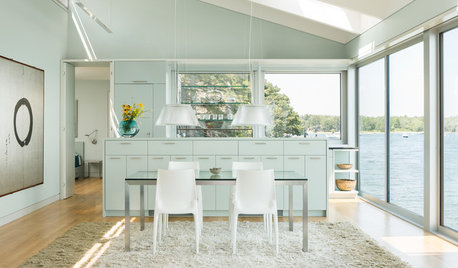
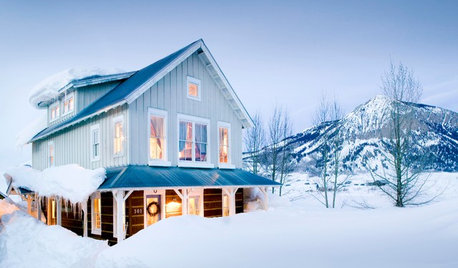
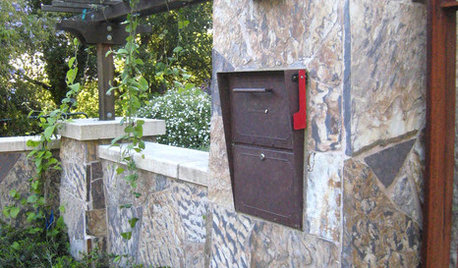
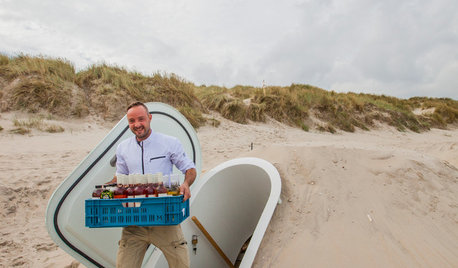
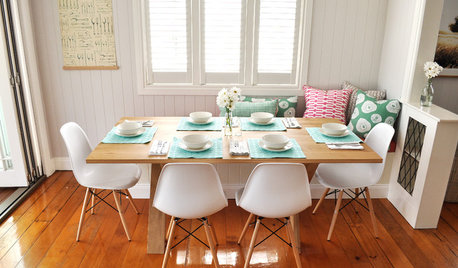
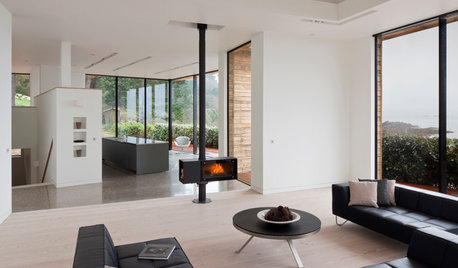
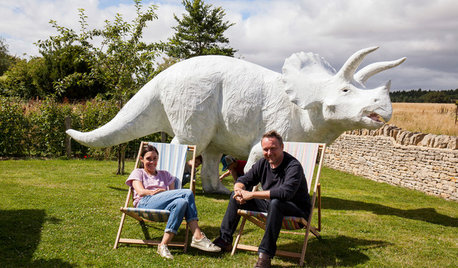
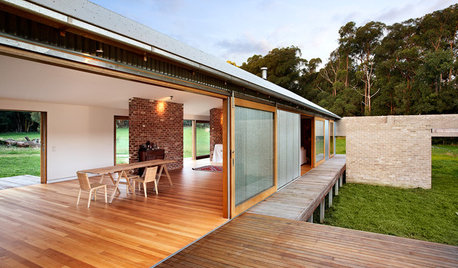
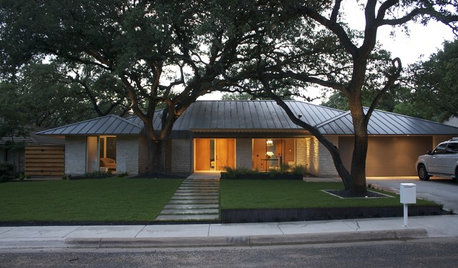
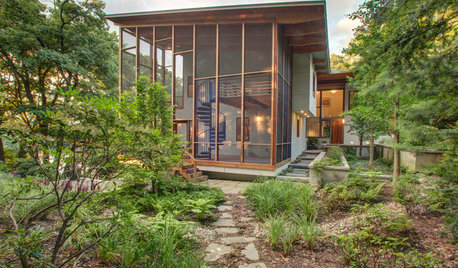




User
Related Discussions
Interesting article about glysphosphate
Q
Article on HP vs torque
Q
Are Viking Pro Ranges really that bad??
Q
Keep weight off forever
Q